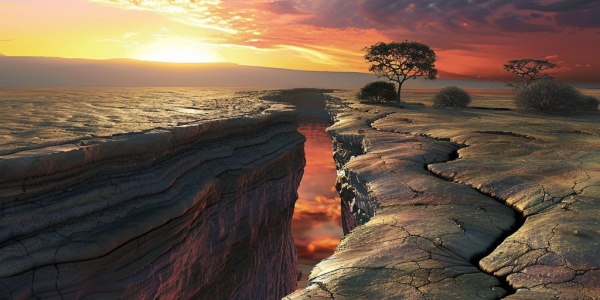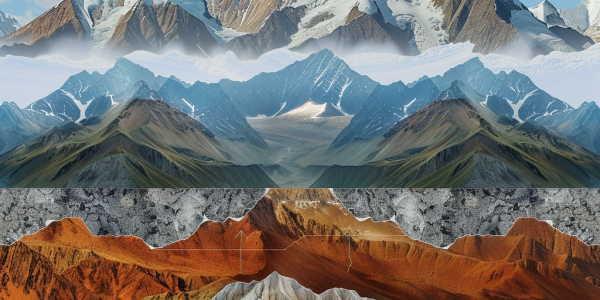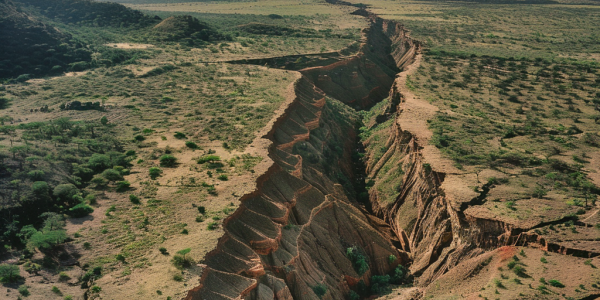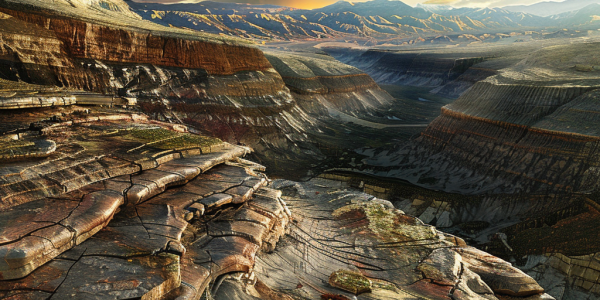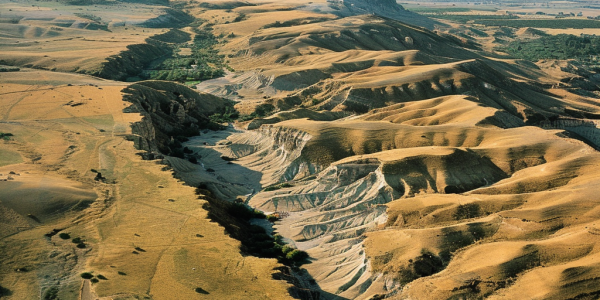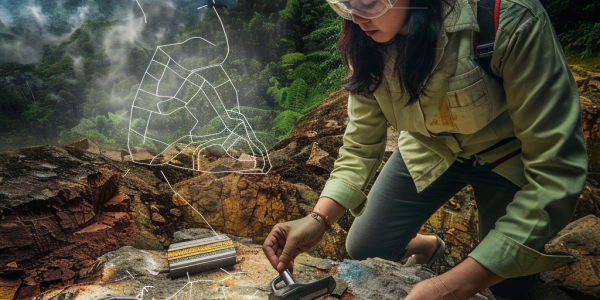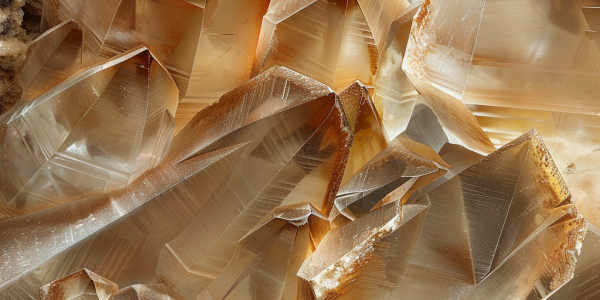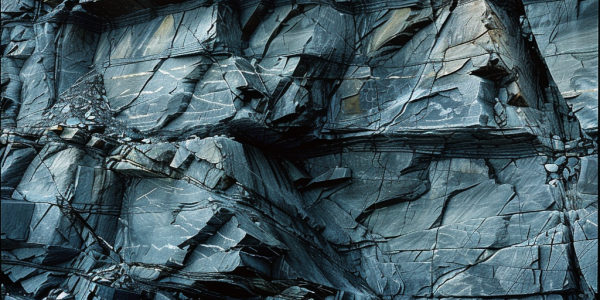Scientists Discover Formation of Earth’s Sixth Ocean in East Africa
Scientists have discovered the potential formation of Earth’s sixth ocean due to tectonic plate movements in East Africa. This geological phenomenon, driven by the separation of the African, Arabian, and Somali plates, could transform the continent’s geography and economy, impacting landlocked countries and creating new marine habitats. Advanced GPS technology is enabling precise tracking of these changes, offering insights into Earth’s dynamic processes and the future of global geology.
Significant Crustal Losses During Mountain Formation Revealed by New Research
Recent research reveals that significant portions of continental crust may have been lost to the mantle during the formation of major mountain ranges, including the Himalaya-Tibetan Plateau, European Alps, and Zagros Mountains. Led by Dr. Ziyi Zhu from Monash University, the study published in Earth and Planetary Science Letters quantifies this loss, highlighting that up to 64% of the crust in the Zagros Mountains and 50% in the European Alps may have been destroyed. Understanding these geological processes is crucial for interpreting Earth’s tectonic history.
Africa’s Gradual Split: A Geological Marvel Unfolding Over Millions of Years
Africa is slowly splitting apart due to the East African Rift System, a geological process that will take millions of years to unfold. This fascinating rifting phenomenon, while not an immediate threat, has significant implications for the continent’s future landscape. As tectonic plates move, scientists study these changes to understand Earth’s dynamic nature and long-term geological evolution.
Ancient Zircon Discovery on Easter Island Challenges Volcanic Activity Understanding
Recent research from Colombia’s Universidad de Los Andes reveals that zircon minerals on Easter Island date back 165 million years, challenging existing geological timelines. Led by geologist Yamirka Rojas-Agramonte, this groundbreaking study suggests a more complex history of volcanic activity and Earth’s mantle dynamics, reshaping our understanding of hotspot volcanoes and their formation.
New Research Challenges Stability of Earth’s Ancient Cratons
Recent geological studies reveal that Earth’s ancient crust, known as cratons, is undergoing significant changes, challenging long-held beliefs about their stability. Research on the North China Craton highlights dynamic processes leading to ‘decratonization,’ reshaping our understanding of geological stability and the evolution of Earth’s crust.
Groundbreaking Study Reveals ‘Dripping’ Crust Phenomenon in Türkiye’s Konya Basin
Recent satellite data has uncovered a fascinating geological phenomenon beneath the Central Anatolian Plateau in Türkiye, specifically the Konya Basin, where Earth’s crust is experiencing a unique ‘dripping’ effect. This groundbreaking research led by scientists from the University of Toronto integrates advanced technologies and a multi-disciplinary approach to reveal the complex dynamics of plate tectonics and subsidence. The findings, published in Nature Communications, not only enhance our understanding of Earth’s geology but also have significant implications for planetary geology on celestial bodies like Mars and Venus.
Discovery of Ancient Pontus Tectonic Plate Under Borneo Reshapes Earth’s Geological History
Scientists have discovered a long-lost tectonic plate beneath Borneo, known as the Pontus plate, which is approximately 120 million years old. This breakthrough enhances our understanding of Earth’s geological history and tectonic movements. The research, led by graduate geologist Suzanna van de Lagemaat from Utrecht University, reveals new insights into the complex interactions that shaped the Asia-Pacific region. This significant finding not only reshapes tectonic narratives but also highlights the importance of ongoing geological exploration.
Groundbreaking Study Visualizes 1.8 Billion Years of Earth’s Geological Transformations
Recent research led by Xianzhi Cao reveals a stunning animation of Earth’s geological transformations over 1.8 billion years, showcasing tectonic plate movements and the evolution of supercontinents like Pangaea and Gondwana. This groundbreaking study, published in Geoscience Frontiers, emphasizes the critical role of plate tectonics in shaping Earth’s climate and supporting life, highlighting its importance in understanding contemporary challenges like climate change.
Insights from World’s Oldest Crystals Shed Light on Earth’s Ancient History
Discover the fascinating insights into Earth’s ancient history revealed by the world’s oldest crystals found in Western Australia’s Jack Hills. Geologists using machine learning techniques have uncovered that these ancient rocks were sedimentary in nature, suggesting a familiar landscape over four billion years ago. The enduring zircons offer valuable clues to the planet’s evolution, shedding light on the Earth’s swift transformation into its current form. Professor Ross Mitchell emphasizes the importance of understanding these ancient rocks in unraveling the secrets of the planet’s geological history.
New Theory On Why We Are Alone In The Cosmos—Tectonic Plates
New research suggests that the presence of oceans, continents, and plate tectonics on Earth may be the reason for the lack of evidence of advanced extraterrestrial civilizations. Geoscientists from the University of Texas at Dallas and the Swiss Federal Institute of Technology propose a change to the Drake Equation, emphasizing the importance of plate tectonics in the emergence of intelligent life.

